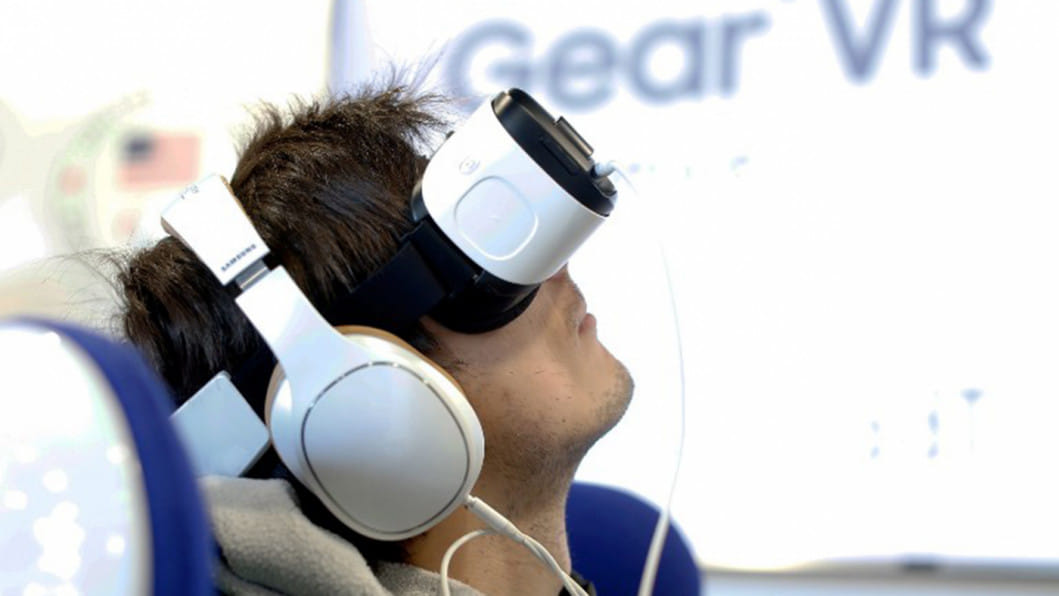Virtual reality ‘predicts Alzheimer’s’

Alzheimer's disease can be detected decades before onset, using a virtual reality test, a study suggests.
People aged 18 to 30 were asked to navigate through a virtual maze to test the function of certain brain cells.
Those with a high genetic risk of Alzheimer's could be identified by their performance, according to German neuroscientists.
The findings could help future research, diagnosis and treatment, they report in the journal Science.
The scientists, led by Lukas Kunz of the German Centre for Neurodegenerative Diseases in Bonn, say the high risk group navigated the maze differently and had reduced functioning of a type of brain cell involved in spatial navigation.
The findings could give an insight into why people with dementia can find navigating the world around them challenging, they say.
"Our results could provide a new basic framework for preclinical research on Alzheimer's disease and may provide a neurocognitive explanation of spatial disorientation in Alzheimer's disease," they report in Science.
Although genes play a role in dementia, their effects are complex with many unknowns.
Dr Laura Phipps of Alzheimer's Research, said the latest study focused on healthy younger people at higher genetic risk of Alzheimer's, suggesting they may already show alterations in spatial navigation several decades before the disease could start.
She added: "Although we don't know whether the young people in this study will go on to develop Alzheimer's, characterising early brain changes associated with genetic risk factors is important to help researchers better understand why some people may be more susceptible to the disease later in life.
"The risk factors for Alzheimer's are diverse, including age, genetics and lifestyle, and research is vital to allow us to unpick how each of these factors could contribute to a person's risk of the disease."


 For all latest news, follow The Daily Star's Google News channel.
For all latest news, follow The Daily Star's Google News channel. 



Comments